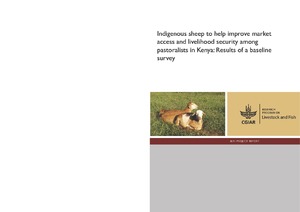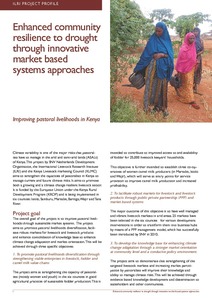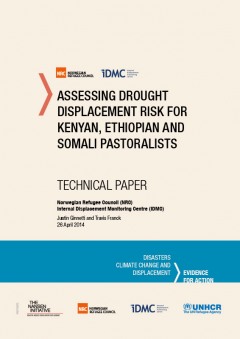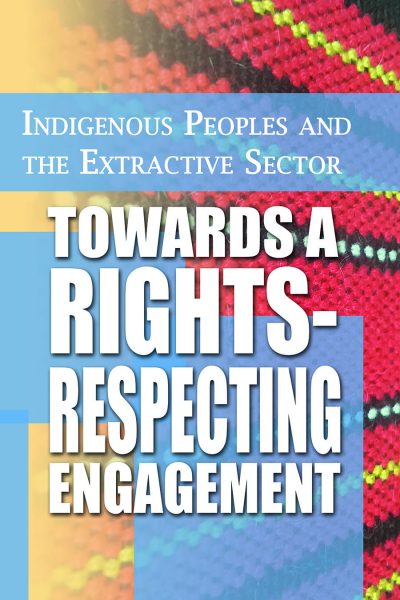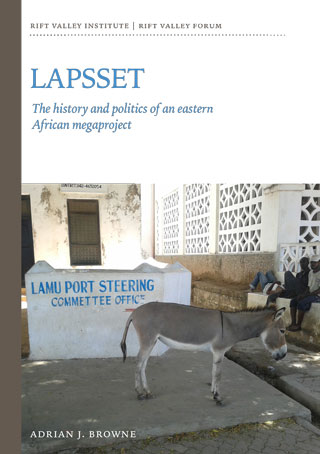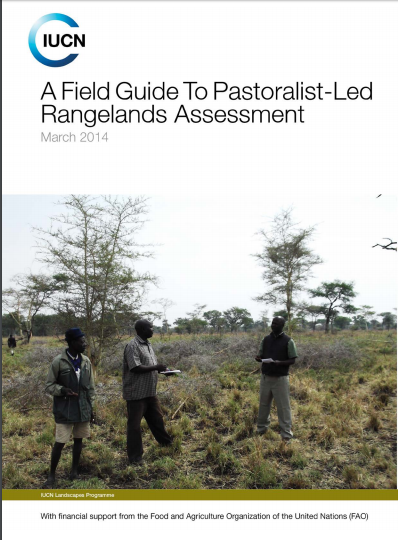Media release: Hungry for land
- - -
Media release
28 May 2014
GRAIN | La Vía Campesina
For immediate release
Making Rangelands Secure Bulletin No. 5
News, views and experiences of policy makers, practitioners, academics and communities on making rangelands more secure.
MAKING VILLAGE LAND USE PLANNING WORK IN RANGELANDS, TANZANIA
INDEX 3.0 RECENT EVENTS 5.0 COMPETENT BUT IGNORED: BRINGING MAASAI YOUTH INTO LAND TENURE DECISION MAKING 6.0 CONFLICTS BETWEEN MBORORO AND THE CATHOLIC CHURCH ENDS POSITIVELY FOR PASTORALISTS 7.0 A VISION FOR A JUST AND PROSPEROUS FUTURE? THE LAPSSET CORRIDOR 8.0 PASTORAL PROTESTS IN HANSALPUR INTENSIFY 9.0 BENCHMARKS FOR LAND GOVERNANCE IN AFRICA 10.0 NEW INITIATIVES CONTRIBUTING TO MAKING RANGELANDS SECURE 12.0 RANGELANDS INITIATIVE RECEIVES FUNDING FROM SDC
Enhanced community resilience to drought through innovative market based systems approaches: Improving pastoral livelihoods in Kenya
Inter-connection between land use/land cover change and herders’/farmers’ livestock feed resource management strategies: A case study from three Ethiopian eco-environments
We assessed land use/land cover changes from remotely sensed satellite imagery and compared this with community perceptions on availability/use of livestock feed resources and feed deficit management strategies since the 1973s in three districts representing the pastoral, agro-pastoral and mixed crop-livestock eco-environments of Ethiopia.
Assessing drought displacement risk for Kenyan, Ethiopian and Somali pastoralists
A new way of thinking This study reflects emerging awareness of the need to see disasters as primarily social, rather than natural, phenomena. Individuals and societies can act and take decisions to reduce the likelihood of a disasters occurring or, at the very least, to reduce their impacts and the levels of loss and damage associated with them. Disasters are thus no longer being perceived as ‘acts of God’ but instead as something over which humans exert influence.
Indigenous Peoples and the Extractive Sector
This report provides an overview of the present state of play of the extractive industries in relation to indigenous peoples, taking as its point of departure the adoption of the UN Declaration on the Rights of Indigenous Peoples(UNDRIP) in 2007, together with the 2009 UN Permanent Forum on Indigenous Issues International (UNPFII) Expert Group Meeting on Extractive Industries, Indigenous Peoples’ Rights and Corporate Social Responsibility, and the 2009 International Conference on Indigenous Peoples and the Extractive Industries.
LAPSSET The history and politics of an eastern African megaproject
‘This study is in-depth, up-to-date and the first of its kind on a massive infrastructure development project in the region, examining its history, politics, evolution, the emergence of actors and interests and effects on the poor and marginalized. It presents the ambitions and ambiguities of a megaproject never seen in the development history of the region. The report is a comprehensive analysis of the hopes and fears emanating from a megaproject in the region and provides invaluable data on which future studies will certainly have to rely.’
IBLI—opening up new frontiers for pastoralists in northern Kenya
Opening up new frontiers for Pastoralists in Northern Kenya. Wajir Index Based Livestock Takaful (IBLT) payout ceremony, March 2014.
A Field Guide to Pastoralist-led Rangelands Assessment
Community-Led Rangelands Assessment promotes the use of traditional or indigenous knowledge of pastoralists, as the dominant group utilizing rangelands, to guide planning and management of rangelands resources to support and build resilient pastoral livelihoods. Use of traditional knowledge is considered cheaper, easier to use and replicable. It promotes the respect of local communities’ culture and its integration into scientific methods.

